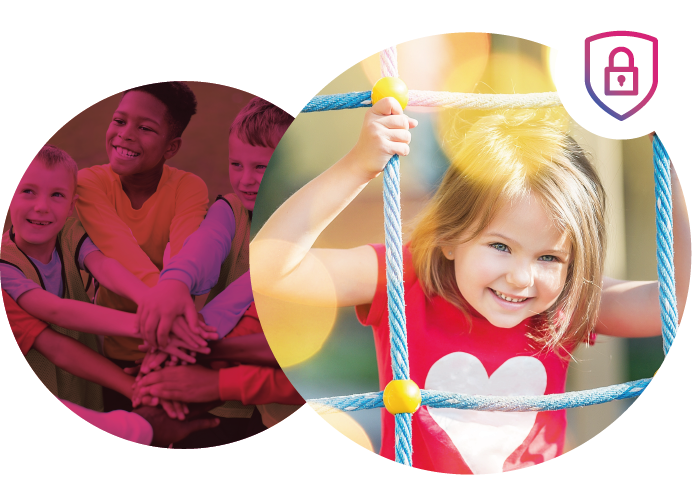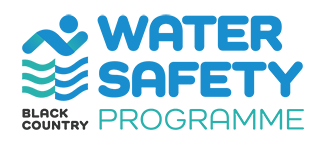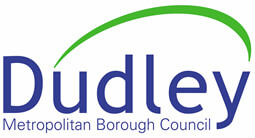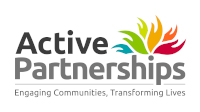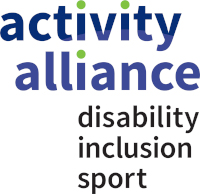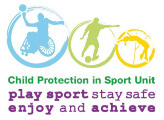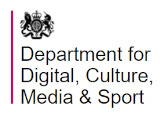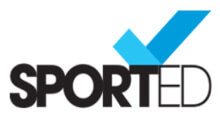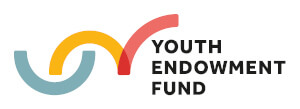We are committed to safeguarding and promoting the welfare, both physical and emotional, of every child and adult at risk, who participate in activities either directly organised by us or through a third party working collaboratively with us.
Active Black Country recognise that safeguarding is about more than just policies and procedures and as such ensures all members of staff are checked and undertake Safeguarding and Protecting Children training.
If you need help or support, please contact:
Liz Griffin, Active Black Country Deputy Safeguarding Lead
Tel: 07377 508817
Email: liz.griffin@activeblackcountry.co.uk
ChildLine | www.childline.org.uk | |
NSPCC | www.nspcc.org.uk | |
CPSU | ||
Children's Services | Out of Hours | |
Dudley | ||
Sandwell | ||
Walsall | ||
Wolverhampton |
If you believe someone is in immediate danger, you must call the police on 999.
A new animation launched by the NSPCC Child Protection in Sport Unit (CPSU) is helping more people to understand what child protection and safeguarding mean in a sports setting. Take a look.
